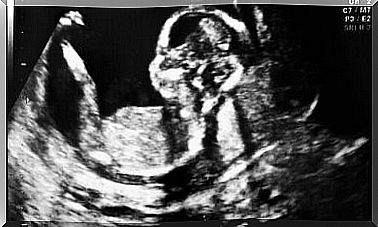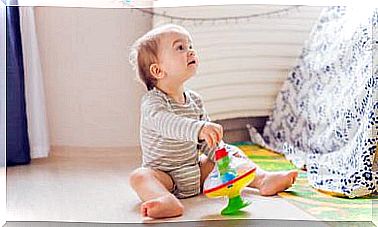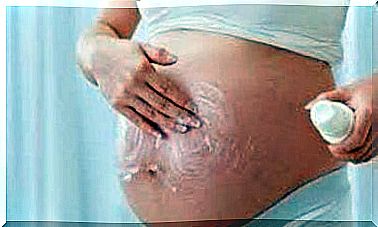Pregnancy: Zoom On The Diet Of Pregnant Women – Being Parents
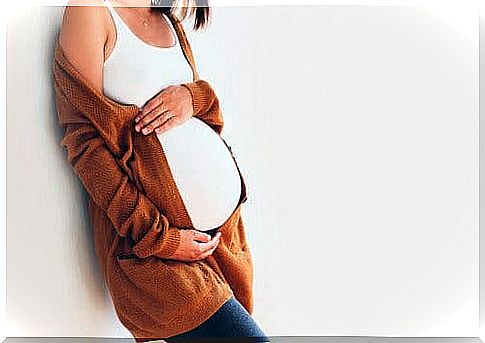
The answer: no! The pregnant woman should not eat twice as much of course, but twice as much!
Pregnant, should we eat for two?
Energy requirements during pregnancy
In fact, it is true that energy needs increase during pregnancy, but not from there to eat twice as much as usual!
Specifically, energy needs increase by about 100 calories in the first trimester. But 100 calories is not a lot! This can represent for example:
- a glass of milk
- fruit yogurt
- a small cereal bar
In the second and third trimester, energy needs are increased by about 300 calories. The ideal is to consume these calories by choosing foods that provide both protein and calcium (rather than crackers or sweets).
Although no pregnancies are the same, the total weight gain should be between 11 to 16 kilograms. Pregnancy is not a good time to go on a diet. The baby needs energy!
Basically, it’s about eating FOR two and not eating LIKE two!
Pregnancy and nutrition
During pregnancy, the basis of the diet is the same as in normal times: eat a variety of foods every day, stay hydrated, favor foods rich in fiber and especially listen to your hunger. However, there are certain special needs, since additional intake of calories and certain nutrients are required. Here are the main tips for pregnant women.
Calories
During pregnancy, energy needs are increased as the body has to cope with many changes including hormones, an increase in blood volume and the construction of new tissues. Energy needs increase by about 100 calories in the first trimester, and about 300 calories in the second and third trimester.
Vitamin B9
Considering the specific needs of pregnant women, it may be beneficial to take a vitamin B9 supplement (folic acid or folate) from the preconception period. Vitamin B9 deficiency increases the chances of causing neural tube defects in babies. It is recommended that you choose a supplement specifically designed for pregnancy that provides at least 400 micrograms of folic acid.
Along with the supplement, it is beneficial to include good dietary sources of folate on the menu. Legumes and dark green vegetables (Swiss chard, spinach, etc.) provide good quantities.
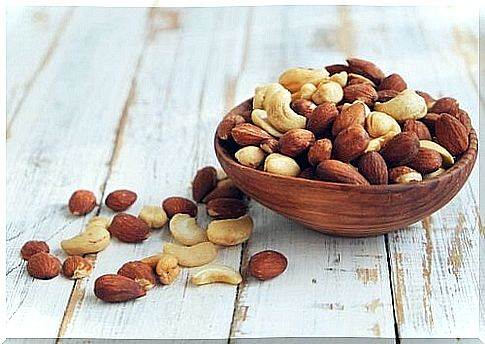
Iron
To ensure that we have good iron intake, we try to put red meat on the menu at least once a week.
Protein and Calcium
During pregnancy, protein requirements are increased. Each meal should contain protein (meat, poultry, fish, seafood, eggs, dairy products, nuts, seeds…). Dairy products are a great way to put both protein and calcium on the menu.
Pregnant women must include at least three portions of dairy products in their daily diet to ensure a good intake of calcium (fortified soy milk or drink, yogurt, cheese, etc.).
Omega 3
It is recommended that pregnant women eat fish at least once a week. Oily fish, with its precious essential fatty acids (including omega-3), could have benefits for the development of the baby, as well as reduce the risk of postpartum depression. Most of the more common fish are safe.
In terms of canned tuna, it is better to opt for light tuna than for white tuna, which contains less mercury. It is also necessary to limit to once a month the consumption of a few large predatory fish such as fresh bluefin tuna, sharks and swordfish, which often have higher concentrations of heavy metals. On the sushi side, out of caution, it is better to abstain.
Also, another solution exists if the smell of fish does not pass: supplementation (via capsules). For this, it is essential to turn to purified fish oil concentrated in omega-3 (EPA / DHA), the results of which for contaminants are available.
How to relieve nausea during pregnancy?
Many pregnant women experience nausea, especially during early pregnancy. Do not despair ! This nausea usually disappears around the 14th week of pregnancy.
In the meantime, here are some tips to soothe nausea:
- Eat dry foods about 15 minutes before getting out of bed (crackers, cookies, toast). They are simply placed near the bed the night before.
- Eat small, but frequent meals. Don’t skip meals.
- Eating cold food, the smell of hot food can cause more nausea.
- Drink between meals, not during meals, and take small amounts at a time.
- Ginger and lemon have the property of reducing nausea. Try them in herbal tea, it can help.
- Avoid dishes that are too high in fat (such as fried foods) and too spicy.
